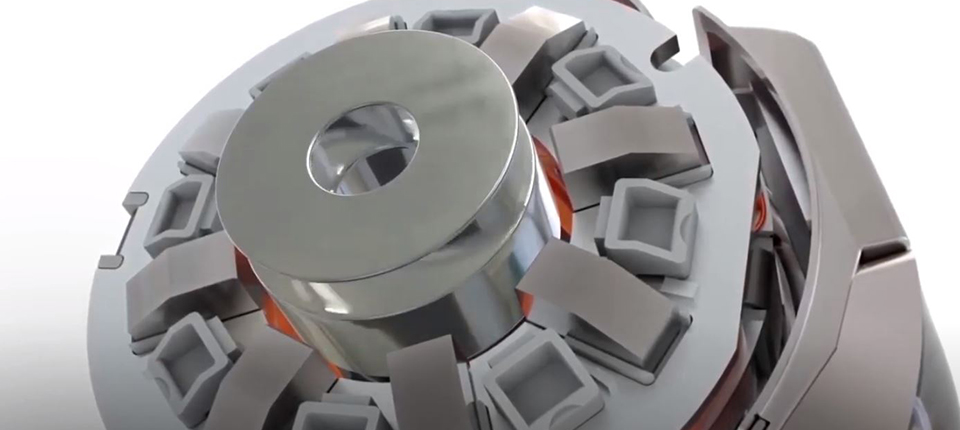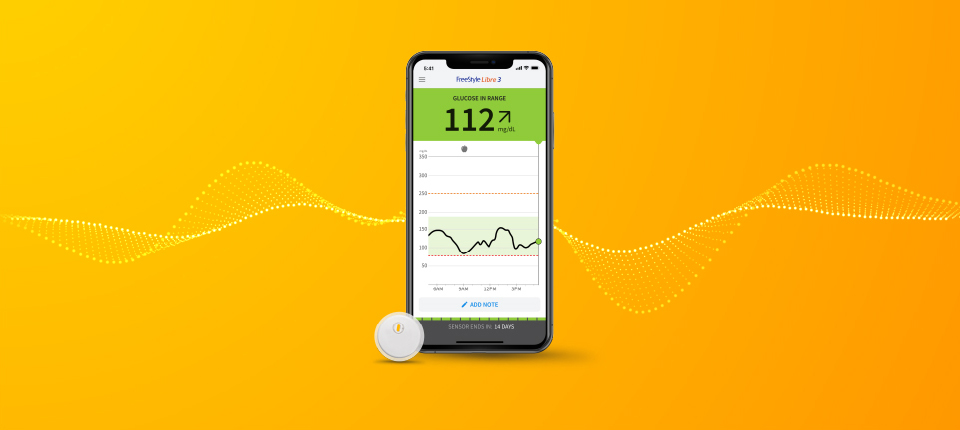Tiara Johnson is 31.
But there was a time, not very long ago, that she feared she might not see 27, because time seemed to be running out just when she needed it most.
In July 2015, 25-year-old Tiara was far too busy to be ill. She and her husband Gvon were expecting a second child, while raising her first and working a full-time job. Then, a week before her due date, "My blood pressure just got really out of control. During the labor I knew something was wrong because it was nothing like my delivery with my first daughter, Aranee. It was gruesome, painful, but A'zuri arrived healthy, with seemingly no complications for either of us."
"It Felt Like I was Breathing Underwater."
"The day after we went home, I noticed that I couldn't breathe and it wasn't relieved by lying down or sitting up or anything else," Johnson said. "I went to take a shower and it felt like I was breathing underwater when I was inhaling. You could literally hear the gurgling of how much fluid I had in me. We ended up calling 911 and returning to the hospital.
"The fluid was removed and I was sent home, but from August to October, my heart function declined tremendously. In August, my ejection fraction was at 45% which was below what it should be, but by October when I returned to the ER it was less than 10% (note: ejection fraction is a measurement of the percentage of blood leaving the heart each time it contracts, with a normal range being 50-75%, according to the American Heart Association1). That's when I was diagnosed with postpartum cardiomyopathy, a pregnancy-induced heart failure. It was my birthday weekend…"
At a time in her life when the young mother's biggest health concerns should have involved something like one of her daughters catching a cold from the other, Johnson was in full-blown congestive heart failure. "They didn't know that I would recover or what was going to happen."
Next came a series of interventions designed to improve her heart health but none made a substantial impact. While her friends were talking about their jobs and children's milestones, Johnson was learning about echocardiograms and assorted interventions that might save her life. "I had a life vest for six months or so, followed by a biventricular ICD (implantable cardioverter defibrillator), but after a year, the situation hadn't improved.
"I kept thinking, I'm 25. I'm young. Next time I go to the doctor, they'll tell me I'm better. Well, oh, was I wrong," said Johnson. Like a lot of people, Johnson thought serious heart conditions were reserved for the elderly.
But that is not the case.
She learned all too soon. "My heart function wasn't getting better and I was working 60 hours per week as a program manager. My husband was telling me to stop, that I was killing myself, because I would literally be at the hospital for a week, be discharged and go back to work right away."
"Then in October 2018, I was shopping when I went into cardiac arrest and by December I had another defibrillator implanted. Things didn't improve and I returned to the hospital within a couple of months."





FOLLOW ABBOTT